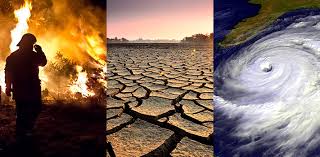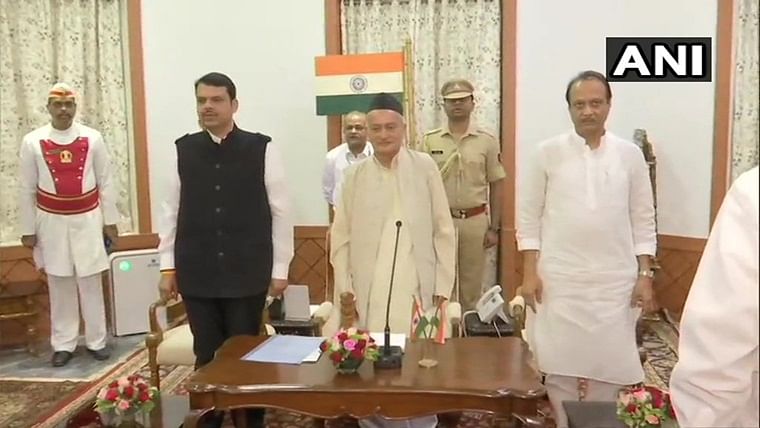
India is a Party to the United Nations Framework Convention on Climate Change (UNFCCC). India has submitted Initial National Communication (INC) in 2004 and Second National Communication (SNC) in 2012 to the UNFCCC. As part of the National Communications, the Ministry conducted studies on impact of climate change in India which are summarized in the ‘Vulnerability Assessment and Adaptation’ chapters. For the SNC, climate change scenarios were analysed using high-resolution regional climate model. Simulations for 2020s, 2050s and 2080s indicate an all-round warming for Indian subcontinent. Impact of climate change and climate variability on the water resources are likely to affect irrigated agriculture, installed power capacity, environmental flows in the dry season and wet season.
There is paucity of data to establish direct correlation of climate change with diseases and deaths. However, reports of Intergovernmental Panel on Climate Change (IPCC), World Health Organization (WHO) and other widely available literature indicate health impacts of various climate variables including extreme weather events, air pollution, change in precipitation etc. Various climate model simulation studies also project possible linkages of climate change with frequency and intensity of weather events.
Weather extremes in India in the recent years (2014-2017), as reported under second Biennial Update Report (2018), is given below:
";

.jpg)